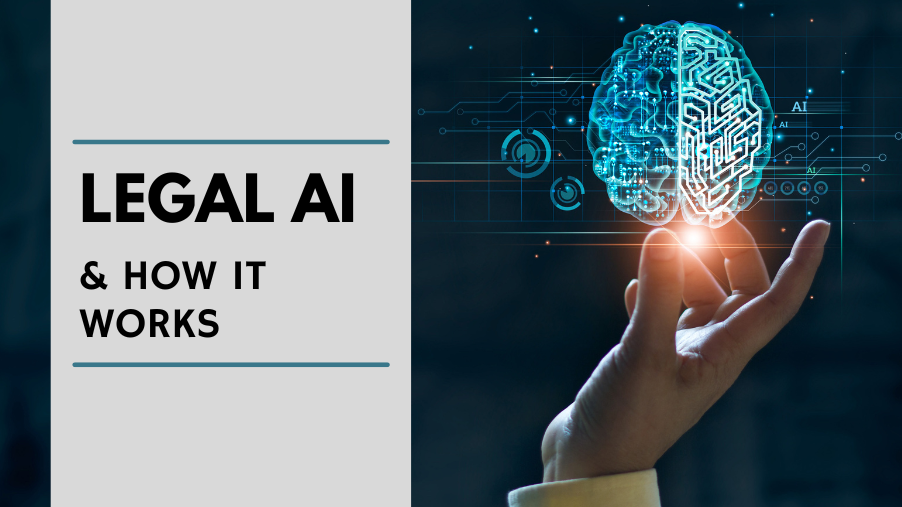
“What is AI?” This is a question we hear often.
The definition is simple, but how AI can be used is more complex. Let’s discuss how AI can be used by law firms and legal teams.
Many times, we hear our clients describe the process of Optimal Character Recognition (OCR) and refer to it as AI. Below we analyze AI and Optimal Character Recognition (OCR), their key components, and the role they play in delivering data.
What is Artificial Intelligence (AI)?
Artificial intelligence is the reproduction of human intelligence processes by machines. With AI, computers can perform tasks that are typically done by people. Like other types of technology, AI is a tool. It is an umbrella term that can encompass different key components.
What is Optimal Character Recognition (OCR)?
Optimal character recognition technology converts physical, printed documents into machine-readable text. The process of OCR is used to turn hard copy documents into PDF documents so that users can edit, format, and search the documents as if created with a word processor.
OCR approaches each document with a clean slate where AI-powered solutions learn from every document they analyze and adjust their outputs accordingly.
AI in the Legal Industry
Saving time is the ultimate benefit of AI-assisted technology. Time is money in any industry, but anyone who is familiar with the term “billable hour” knows the pressure to save costs.
Examples of AI in the Legal Industry
- Billing
- Chatbots
- Contract Review
- Document Management
- eDiscovery
- Legal Research
- Litigation Prediction
How does AI Work in Legal Technology?
Today, legal professionals are looking for technology solutions to assist with different routine functions such as document creation, data ingestion, and workflow management.
AI-assisted technology is designed to address these time-consuming concerns. AI learns from its environment, recognizes patterns, and makes decisions without human interaction. AI-powered tools can identify the meaning of data and better understand where data belongs regardless of format, consistently producing more accurate results.
AI in legal technology is simplifying processes and more easily getting data into the hands of the user. The legal industry has historically been slow to adopt technological solutions, but this trend is quickly changing with the growing pressure to do more with less.
The output of data from a software solution is important to all audiences, but the categorization of the data will differ in importance depending on the user. Capturing the data correctly at the outset is the most important piece of the puzzle. AI-assisted technology aims to handle these critical puzzle pieces, leaving the user with a complete picture.
The continuous development of AI technology will become more powerful and widespread over time. How the legal industry will continue to adapt to these technologies will be a fascinating adventure.
LMI’s AI-Powered Litigation Technology
LMI uses proprietary AI-powered technology to support our litigation services. Efficiencies are delivered to clients through learned workflows that continue to evolve as data is ingested. Let the data tell the story of the litigation. Visit our Legal Software & Data Analytics page to learn more.
